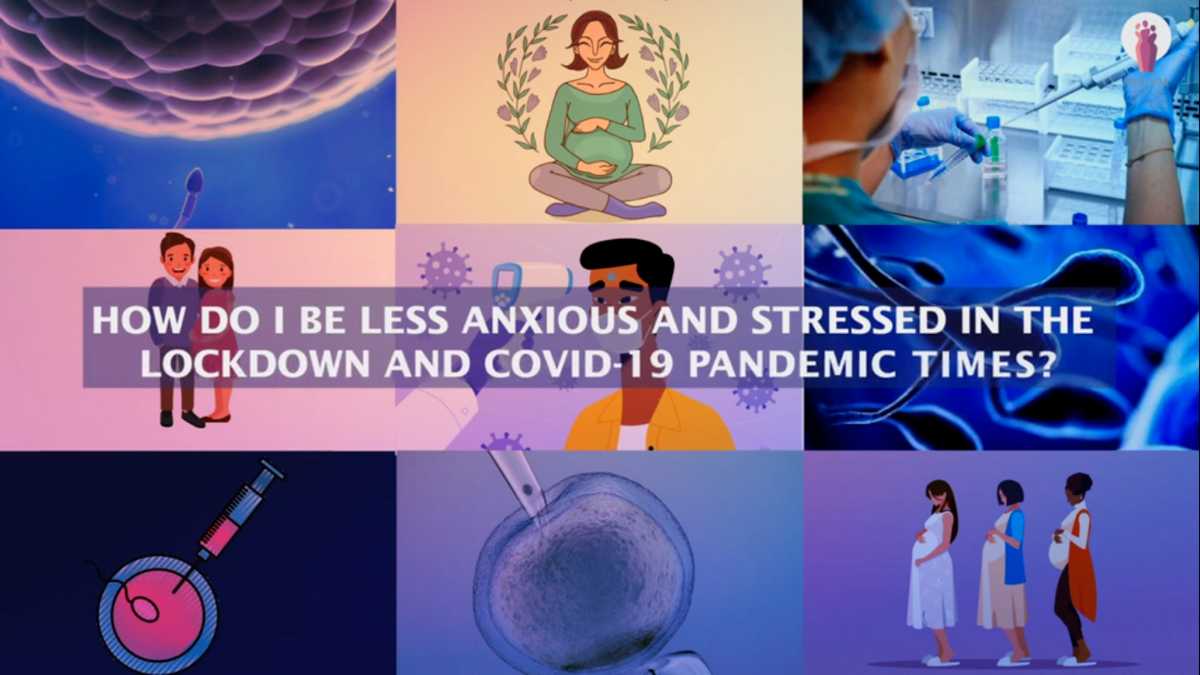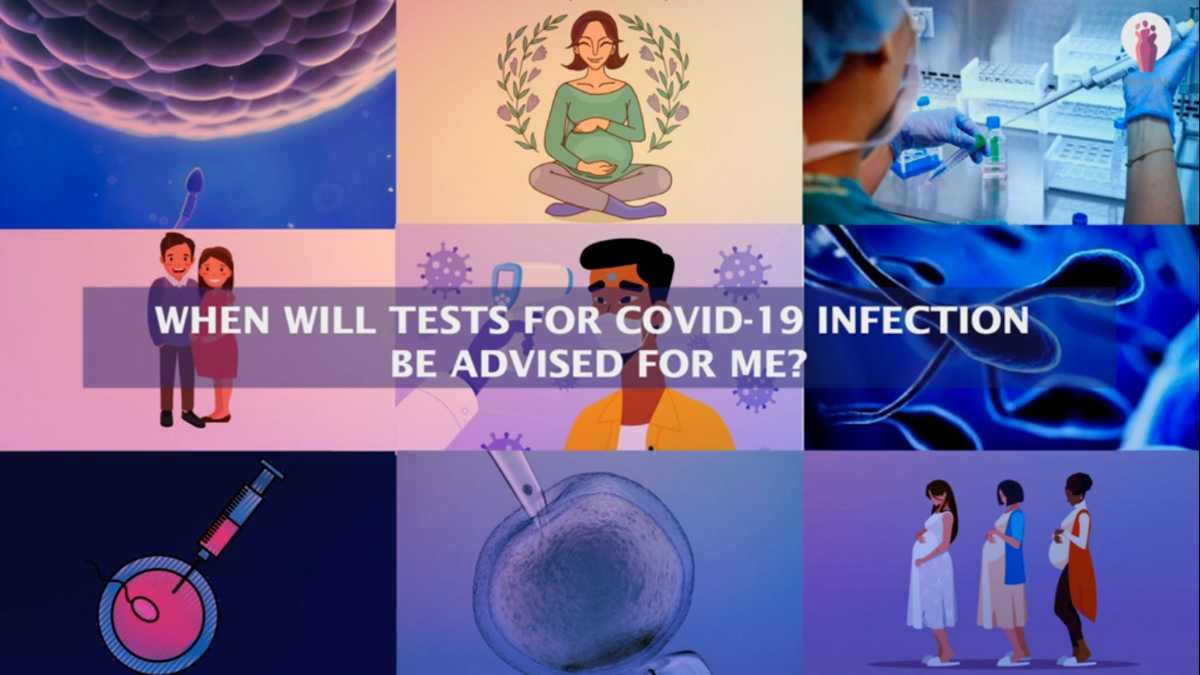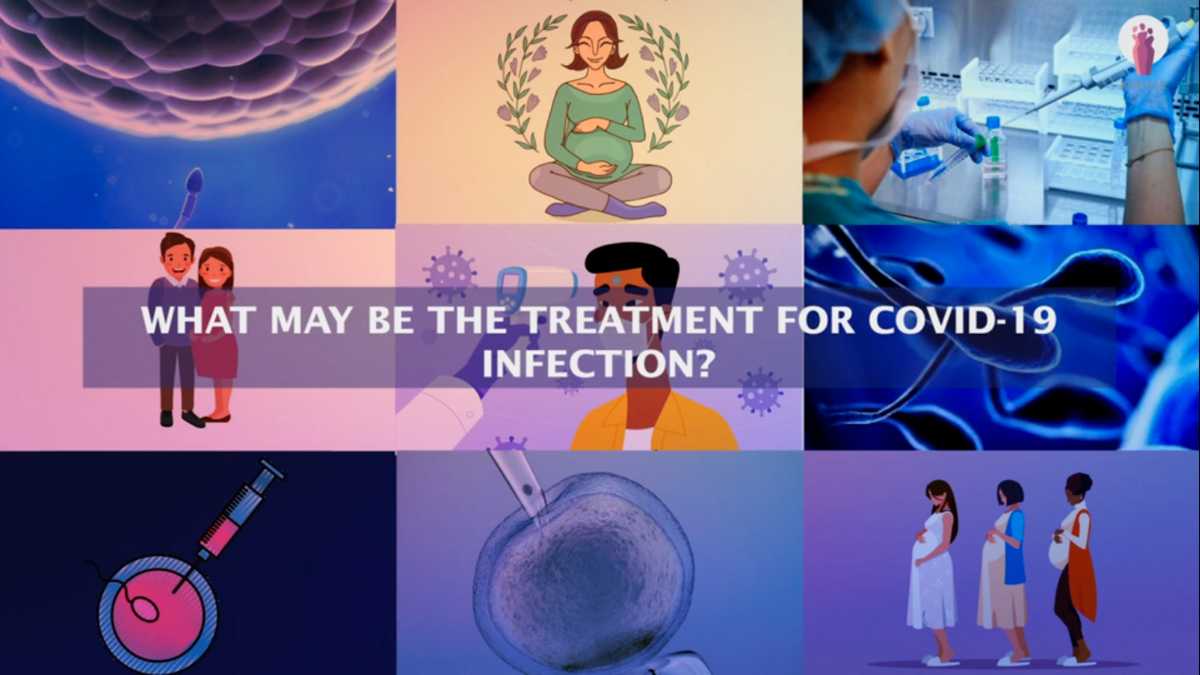The most common symptoms COVID patient experiences are fever, troubled breathing, and cough.
The most common symptoms COVID patient experiences are fever, troubled breathing, and cough. While some rest and over the counter medicines are enough to tackle these concerns effectively, some signs require emergency medical care. If the COVID infected person shows any signs of cardiac or respiratory distress, they need to be immediately assisted with emergency medical care.
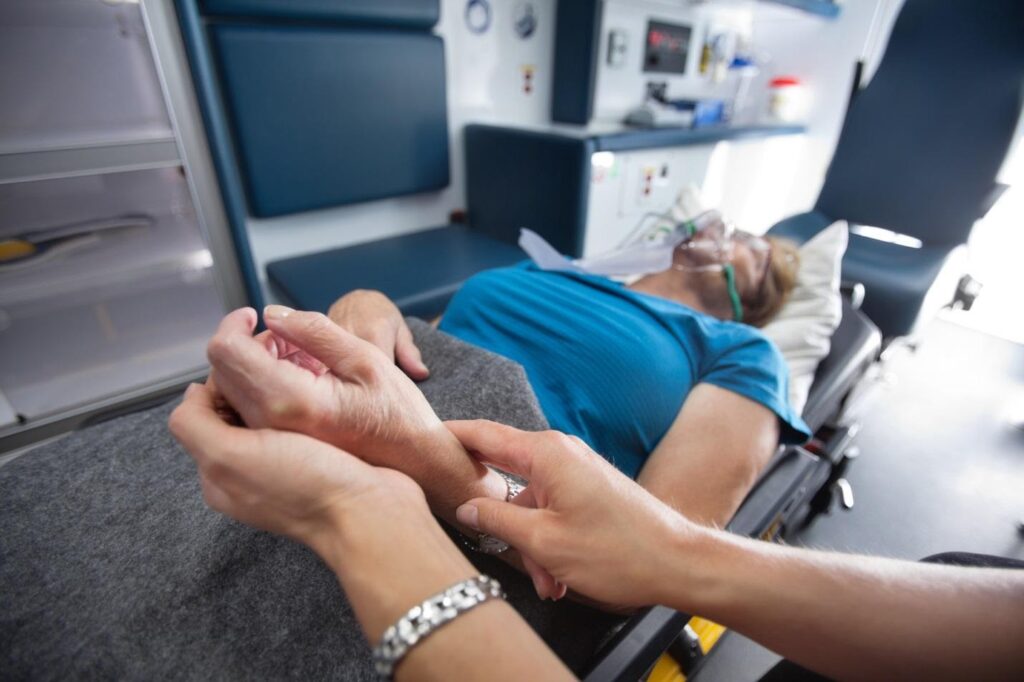
Some other symptoms that require emergency medical care are:
- Cough
- Fever
- Loss of taste and smell
- If the face or lips are turning bluish
- Fogginess and inability to stay awake.
- Unable to talk or concentrate
- Pain in the chest and a feeling of pressure
- Pressure in the abdomen
- Seizures
- Confusion
- Labored breathing
- Severe body ache
- Difficulty in speaking
- Drooping of the face
- Severe and sudden pain in any part of the body
- Unexplained bleeding
- Severe diarrhea and persistent vomiting
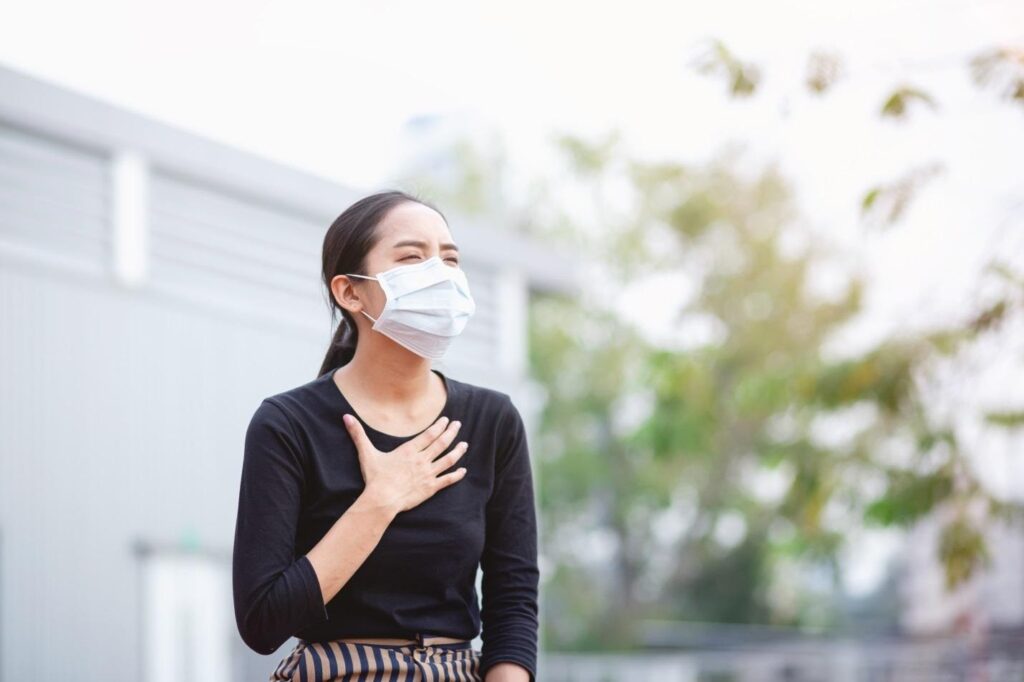
The worst sign that a COVID positive patient tends to show is respiratory distress. One should always be on high alert to detect possible signs of cardiac or respiratory distress and react promptly to it, considering it a medical emergency. If a person suffers from a lung condition, the risk factor increases considerably. These would mean including moderate to severe asthma problems, pulmonary disease, or other chronic disorders of the lung. The same alert level is necessary for people who have suffered from a cardiac condition, have suffered a stroke, or have undergone an organ transplant.
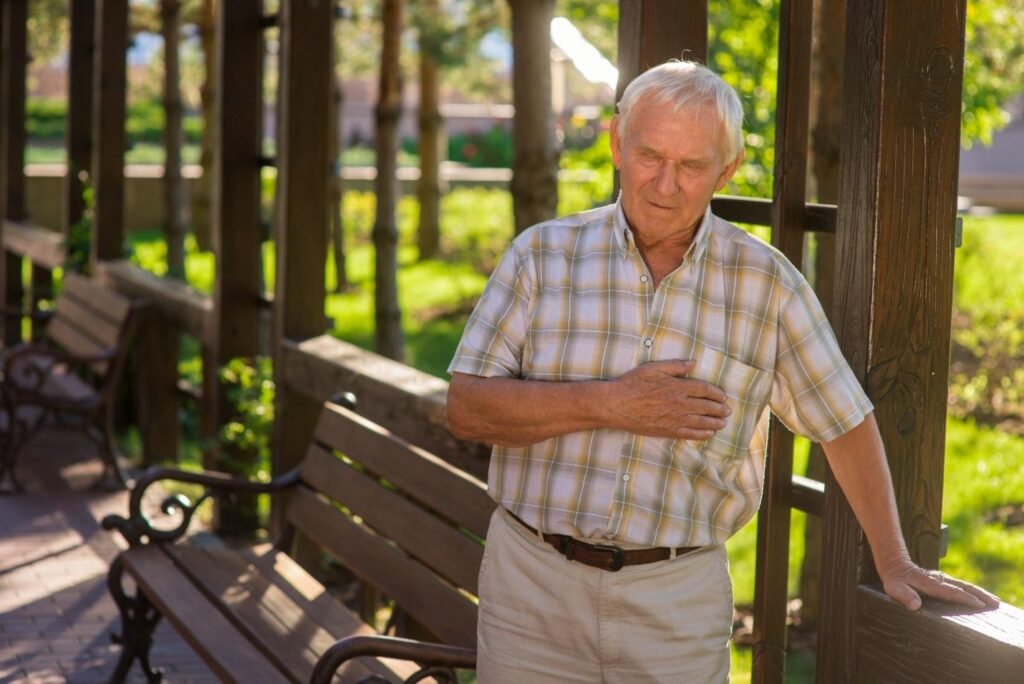
Some people may not experience any symptoms gravely; thus, it is advisable to be in constant touch with your primary healthcare provider. Their instructions of taking care, rest, and seeking emergency medical care should all be followed to the T to prevent any untoward incident.
Special Thanks to Dr. Nilesh Dalal (MS DNB DICOG Mumbai)for the expert advice.


